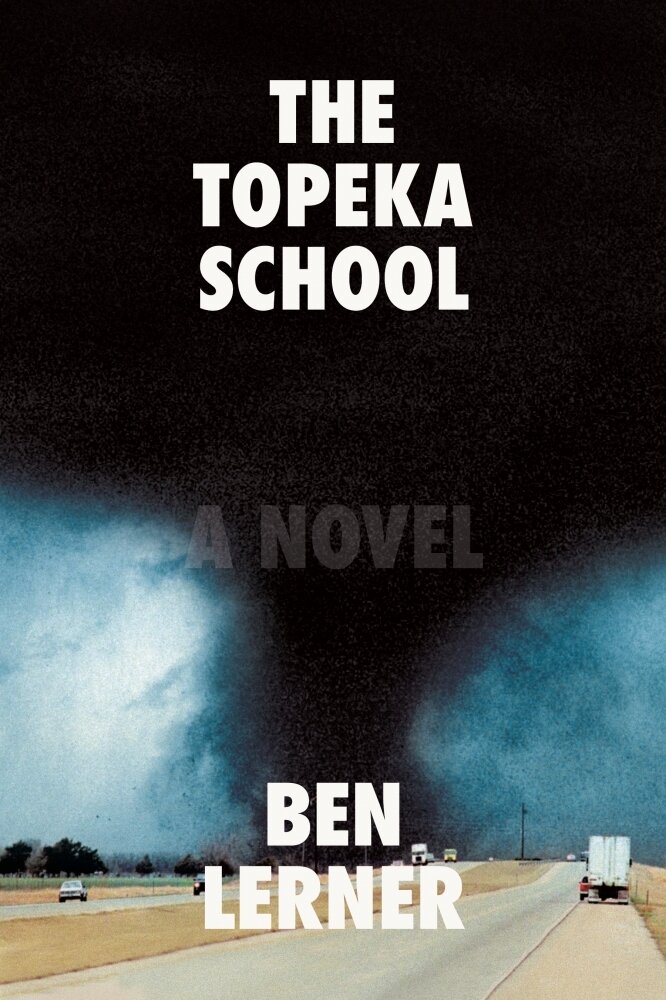Ben Lerner is the ultimate doomer
“A ‘doomer’ is someone who believes that global problems—including but not limited to ecological exhaustion, such as overpopulation, climate change, and pollution—will cause the collapse of civilization, significant human population die-off, and potentially lead to eventual human extinction.”
Not an awful lot happened in Ben Lerner’s novels before The Topeka School, most likely because he’d much rather be writing poetry. If we’re to be dismissive about it, there’s a poet procrastinating sublimely in the chore of manufacturing nice words - in both Leaving the Atocha Station and 10:04. The loose thread that connects those books to Topeka is the fact that the protagonist is a version of Lerner himself, making metaphysical observations of the world that your narrator does little to disown. In between conversations, or at romantic standstill, that narrator computes the mundanity of life by looking for clues between dimensions. What is the atomic value of memories, desires, and (yes) words, spoken and unspoken, in the endless traffic of ideas? What, really, is the snuff of capitalism - when it pervades art and literature?
The characters of The Topeka School aren’t nearly as privileged as this in their preoccupations. Lerner literally mines his childhood for inspiration, this time, to try and track the minute origins of establishment racism and possibly even white supremacy. Adam Gordon is a high school debate champion, on a national tour with parents in the psychiatric profession. Like any teenager, he wants to attend quality parties and get laid; the novel opens with a brilliant first chapter in which his girlfriend leaves him floundering on a boat, and then floundering in an apartment that isn’t her home. The debating aspect of the story draws an obvious parallel with the nature of discourse during election season. There’s a tactic called ‘the spread’, in which participants pepper their opponents with too many different counter-points to argue in a short space of time. Look, Lerner says, how we nominate our champions.
In separate frames, we meet Adam’s parents - understand the intimate details of how infidelity and compromise have brought them together. The senior Mr. Gordon’s work is with troubled male teens, including one Darren Eberhart. Darren’s act of violence at a house party, hurling a cue ball into a basement full of schoolmates, shadows over the entire book like an act of terror; because Lerner wants to show us what careless neglect breeds an American tragedy.
A high school in the middle of east nowhere, I suppose this is the point, is a gauntlet for combative males. Some of them shout and yell their whole lives, all the way into elected office. Some of them purchase guns and make the evening news.
I recommend going back to the start with Lerner, reading his thoughts chronologically. Atocha is certainly the most conventional, its wayless poet trawling through Madrid, drinking things, making excuses, harbouring petty jealousies. 10:04 is trippy as hell, but strangely appropriate in the face of potential global pandemic. The Topeka School is Lerner at the height of his powers, shifting narratives around a small family, calling bullshit on popular theories as to how the world got back here exactly.

